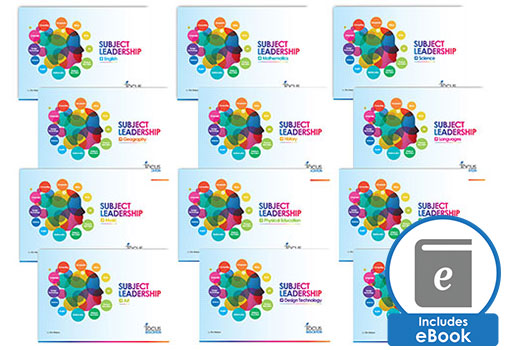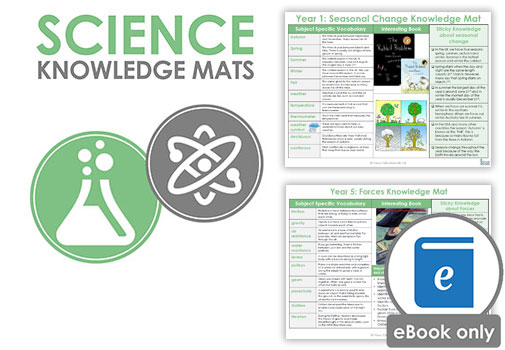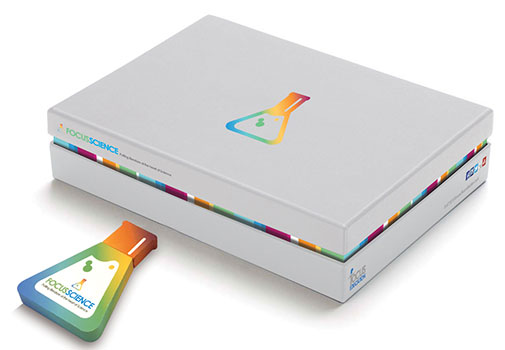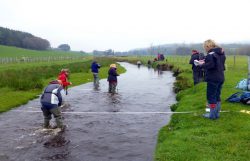
Question
Has science become the forgotten core subject?
My Predictions
I think that in most schools, science is not given the priority it once had, especially at key stage 2 since the demise of primary science SATs.
And I think that science subject leaders do not have that much support and guidance since the reduction in local authority capacity.
I also think that secondary schools seem to get out loads of amazing science equipment for Year 6 open evenings that pupils will never, ever see again. Unless they are one of the three students who stay on to do chemistry ‘A’ level. But that’s a different experiment for another day.
Our resources
- Evidence from question level analysis of SAT papers in the past
- Science sampling tests from recent years.
- Things that Sir Michael Wilshaw has said about science and inspection
- Children’s science books
- Some science subject leaders
- Bunsen burner (always have to have a Bunsen burner. It might prove useful if those science subject leaders are reluctant to talk. Or for toast if we get peckish.)
Method
I little while ago I spoke with someone who had access to the evidence from the question level analysis that took place back in the days when Year 6 sat SATs in science. And this had been compared with the question level analysis from the science sampling that happens more recently to a random selection of schools with Year 6 children. (I know this sounds a bit like ‘I met a man in the pub who knows someone…’ but bear with me.) And the gist of what he said was that there has been a noticeable decline in the percentages of children getting questions correct in many areas of science. Whereas around 75% of children were getting questions correct about electrical circuits and the life cycle of flowers – a perennial favourite of course – when we had the two pink booklets every year, the percentage of pupils getting those questions correct in the sampling papers has decreased by nearly 50%. Allegedly. Whatever the accuracy of those figures, the analysis from the sampling has caused concern and more schools have been selected for sampling in the last round to gather more evidence.
Sir Michael Wilshaw has been concerned about science in schools, and in the last academic year he reminded inspectors to look at this subject and languages as part of the inspection process. Trainee inspectors were told to ensure they look at science in schools during inspections as part of the ‘broad balanced curriculum’ the school provides.
I have been involved in work scrutinies with a number of schools since the introduction of the 2014 National Curriculum. It is fairly unusual to find a school where the quality of the work in a child’s science book matches that of their English and maths books. This is for the obvious reason that schools focus on the latter because of SATs and accountability, but nevertheless checking books across all core subjects should be in place as part of the scrutiny process. Where a child’s writing in science work is actually comparable to their writing skills in English work, I sometimes find that the application of maths in science is not actually from the appropriate year group programme of study. For example, the graph used to display results from an experiment in a Year 5’s science book uses mathematical skills and understanding from the maths content for Year 3 or Year 4. Few teachers plan their science lessons with the maths programme of study to hand. But many school leaders state that science is the subject where maths is applied across the curriculum.
I also do a lot of work in schools with middle leaders. And many science subject leaders, like leaders of all subjects, have noticed a lack of support in their role since the demise of the traditional local authority Science Advisors and the subject related CPD they made available, whether this was courses or science leader meetings to discuss and share best practice. Some MATs and academy sponsors do organise similar opportunities for science leaders and teachers, but they seem to be quite few and far between.
And finally the Bunsen burner. Nothing to do with primary science I know, so why not take a moment to reminisce about that incident from your own secondary school days in the science lab? You wouldn’t get away with that now would you? Imagine if it was your own kids?! Still, happy days… I wonder if his hair ever grew back there?
Results – What happened and why?
I think my prediction was right. Science is the poor relation in terms of core subjects in the majority of schools. It stems (excuse the weak pun) from the DfE, and its previous incarnations, only focusing on English and maths since very soon after the introduction of the original national curriculum. But as school leaders and teachers we should be doing all we can to teach science well and ensure children are inspired and learn effectively in the subject. And we need to ensure that our science subject leaders get all the support that they can. If there isn’t a local group then suggest they form one. Use the Ofsted ‘good practice’ page to find examples of what works well. And maybe ask them to attend one of my science subject leader courses over the next school year – no Bunsen burners allowed.
Related Products
Tim has been a headteacher with a successful track record; his last school had a reputation for innovation and their initiatives have been utilised by others and presented internationally.
School improvement has been at the heart of his career, working as an LLE, a School Improvement Partner, Professional Partner as well as an Ofsted inspector and mentor for trainee inspectors.









